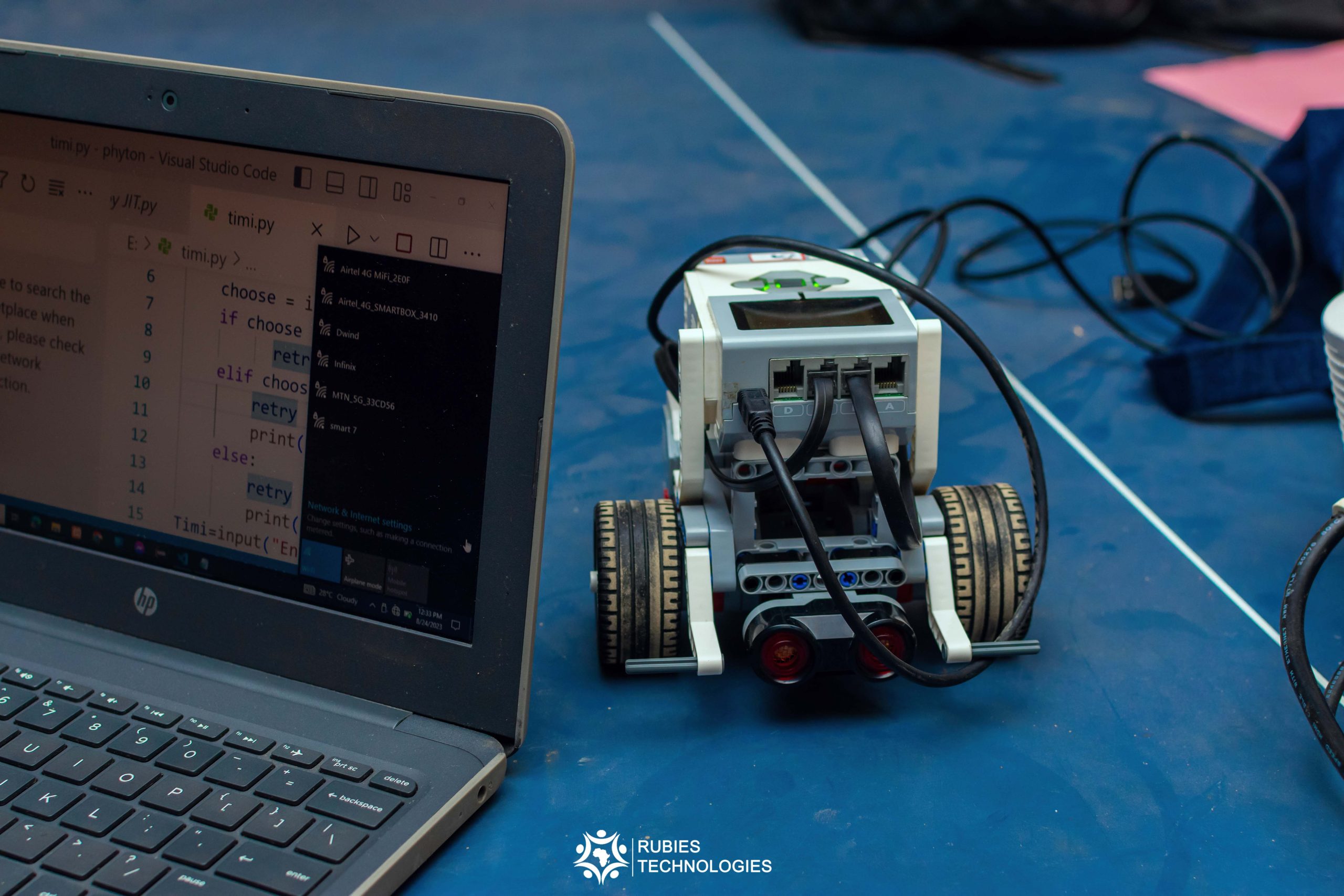Introduction
More than ever, Artificial intelligence (AI) and machine learning (ML) have continued revolutionizing numerous industries while offering transformative potential. Talk about healthcare, finance, transportation, and entertainment, to mention but a few.
These limitless technologies enhance efficiencies, enable novel innovations, and provide unprecedented insights into complex problems.
However, as we harness the power of AI and ML, it is crucial to consider their ethical implications. As parents, we must be aware of the threats these tools pose so that we can prevent our kids from falling prey.
At Rubies Tech this week, we have highlighted five ethical considerations that you and your kids, as users, developers, and policymakers, should be aware of to ensure the responsible use of these technologies.
Five key ethical concerns of AI
- Bias and Fairness
Bias in AI systems occurs from historical data that reflects inequalities. The datasets an AI algorithm is trained on may reflect societal bias. For instance, if an AI system is trained on hiring data from a company with a history of gender discrimination, it might learn to favour male candidates over equally qualified female candidates. Or, imagine an AI resume screener that inadvertently prioritizes resumes with specific keywords, potentially excluding qualified candidates from underrepresented groups.
Addressing this requires careful data curation, bias detection and mitigation techniques, and ongoing monitoring to ensure fairness in AI-driven decisions.
- Privacy
Extensive data collection is required for effective recognition while developing AI surveillance models, and over time, there is concern about potential misuse, such as unauthorized tracking or profiling.
As accuracy in detection is of high priority, some of these data are often personal and without individuals’ consent. It can lead to intrusive monitoring and access to individual privacy.
To safeguard privacy, robust data protection regulations, transparent data usage policies, and the development of privacy-preserving AI techniques are essential.
- Accountability and Transparency
Have you ever heard of black boxes? That is how AI models work. Dark!
AI and ML systems operate as black boxes, making it difficult to understand how they arrive at some specific decisions. There is no transparency, which invariably makes accountability a near to impossible action to be carried out.
Ensuring transparency in AI systems involves making their decision-making processes understandable and transparent to humans. This can be achieved through explainable AI (XAI) techniques that provide insights into how algorithms work and why they make certain decisions.
Additionally, establishing clear accountability frameworks is crucial to address and rectify potential harms caused by AI systems.
- Job Displacement and Economic Impact
The automation capabilities of AI and ML can lead to significant job displacement, particularly in industries reliant on repetitive tasks. This raises concerns about economic inequality and workforce dislocation.
Mitigating this impact requires proactive measures such as reskilling and upskilling programs, social safety nets, and policies that promote the equitable distribution of AI’s economic benefits.
- Ethical Decision-Making
There are times when AI systems often need to make decisions that have moral and ethical implications. For instance, an autonomous vehicle might need to make split-second decisions in accident scenarios, where ethical considerations come into play.
Developing ethical AI models involves embedding ethical frameworks into AI design, involving diverse stakeholders in decision-making processes, and continuously evaluating the ethical impact of AI applications.
Conclusion
AI and ML hold immense potential, but their ethical implications must be addressed. By fostering open discussions, developing ethical frameworks, and prioritizing responsible development, we can ensure that AI serves humanity for the greater good.
As users, we must also be aware of these challenges and advocate for ethical development and deployment of AI technologies. Remember, AI is a tool; we must use it wisely, like any powerful tool.
Most importantly, our kids need to be oriented on these implications so they don’t rely on it 100% to make decisions for them.
Written by: Abdulateef Badmus



